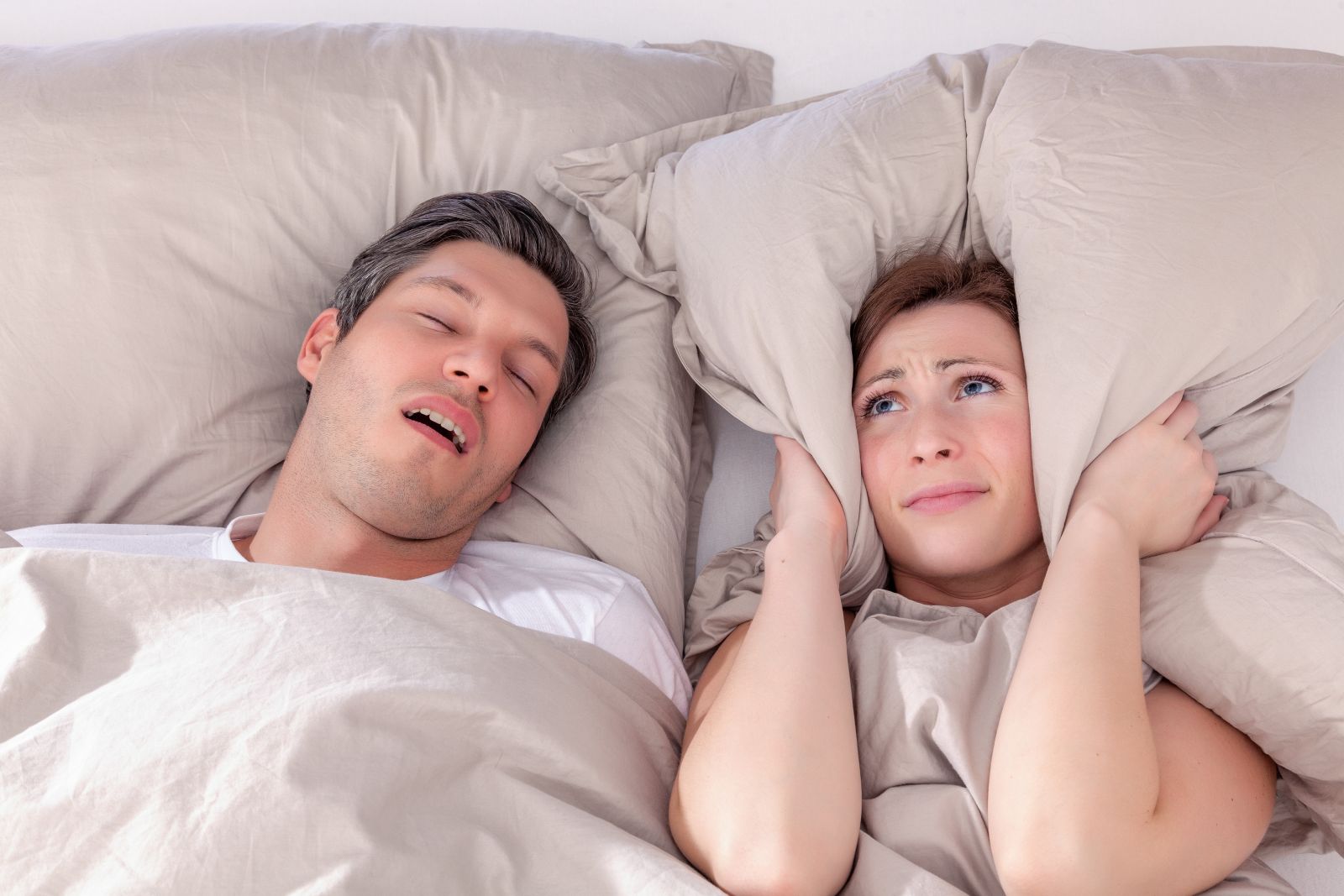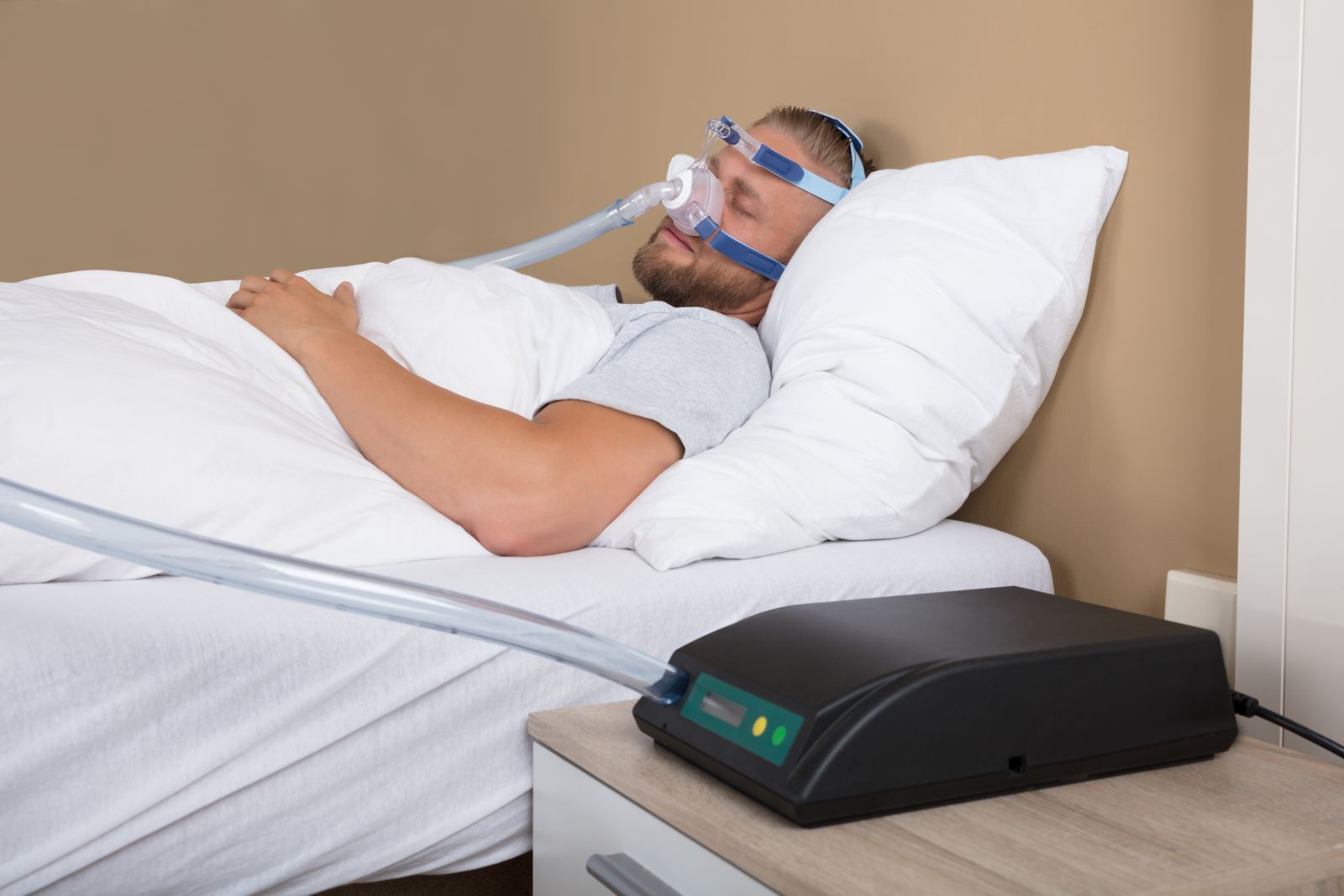PHONE US: (778) 484 1484

Does your partner have sleep apnea? Snoring solutions
September 13, 2019
Have you ever lost a good night’s sleep because your partner is lying right next to you snoring all night long? While this can be quite irritating every night, loud or chronic snoring is actually an indicator of a sleeping disorder called obstructive sleep apnea (OSA).
A helpful metaphor is that of a river. If a river is large, deep, and wide with lots of water flowing through it, that river will be quiet and calm. If a river has less room, less water, or the path is twisted, then the water is turbulent and noisy. Air going through your airway is the same. If it is not a large, open, mostly straight airway, then the flow will be turbulent and interrupted creating noise — that noise is snoring.

Millions of people are diagnosed with sleep apnea each year, but luckily, there are symptoms that you can watch out for and treatment options if you or your partner are diagnosed with obstructive sleep apnea.
Symptoms of sleep apnea
This sleeping disorder develops from pauses or interruptions in your partner’s breathing while they sleep at night. Often, a long soft palate, increased body weight, deviated nasal septum, improper TMJ and jaw alignment, or an enlarged tongue, tonsils or adenoids can lead to sleep apnea.
One of the most common symptoms of sleep apnea is loud or chronic snoring. It is true that not everyone who snores has sleep apnea, and not everyone with sleep apnea snores; however, there is a strong correlation. If you find that your partner’s snoring is disruptive enough to keep you from sleeping, be sure to seek professional advice and treatment options.
Some symptoms of sleep apnea reveal themselves during the day. If your partner wakes up in the morning with a headache, feeling unrefreshed, and experiences day-time sleepiness (hypersomnia), that points to a bad night’s sleep. While this happens to everyone at one point or another, if your partner suffers from this frequently, sleep apnea could be the culprit.

During the middle of the night, if your partner wakes up gasping for air, goes to the bathroom often during the night (also known as Nocturia), have pauses in their breathing, or suffers from insomnia, this could be from sleep apnea as well.
According to the National Sleep Foundation, Nocturia affects approximately 65% of the adult population aged 55 to 84 a few nights every week. This can be linked to sleep apnea because when you wake up gasping for breath, there is a moment of adrenaline and panic — releasing control of your bladder.
What can sleep apnea lead to?
Untreated sleep apnea is already difficult to live with, but add the health problems that can arise if left untreated and it becomes even worse. From high blood pressure (hypertension), weight gain, diabetes, and memory loss, to a greater risk of strokes, heart disease, difficulty concentrating, decreased sex drive, irritability, and depression, sleep apnea has a significant impact on people’s lives.
Because your partner’s breathing is affected by sleep apnea, their brain is deprived of oxygen. This leads to problems with their memory, concentration, and mood swings throughout the day. Shallow and irregular breathing through the night can also result in too much carbon dioxide (CO2) in their bloodstream, otherwise known as hypercapnia. This leads to higher blood pressure, dizziness, fatigue, headaches, and difficulty concentrating.
While some health problems are more closely linked to a prolonged lack of sleep, sleep apnea can be the direct cause of your partner losing that sleep. To maintain their overall health, it’s recommended that adults have 7-9 hours of sleep every night. If sleep apnea is keeping you and your partner from the allotted hours of healthy sleep, be sure to find the best treatment option for your situation.
Treatment options
A common form of treatment for sleep apnea is the CPAP (continuous positive air pressure) machines. While these can be quite effective, many find these machines too cumbersome and opt-in for the alternatives.

For those that experience Nocturia, a CPAP machine can provide relief. A study done in 2017 revealed that 65% of sleep apnea patients who experienced one or more incidents every night actually reduced their Nocturia by using CPAP machines as treatment for sleep apnea.
Some alternative treatments include decongestant medications, lifestyle changes, surgery, and dental appliances (MAS or MAD). These are all effective solutions to conquering sleep apnea and are custom made for your situation.
If you think you or your partner might suffer from sleep apnea, Kelowna Dental Solutions has effective treatment options and snoring solutions available. You and your partner deserve a good night’s sleep, and our treatment options will help. For more information on sleep apnea and treatment options, take the sleepiness self test and contact us today!
Preventing Dental Emergencies: What You Need to KnowJune 24, 2025
Dental emergencies can be painful, stressful, and often happen when you least expect them. &nbs...
Read MoreInvisalign vs. Traditional Braces: Which is Right for You?June 12, 2025
When it comes to achieving a straighter smile, modern orthodontic treatment offers more options than...
Read MoreA Day in the Life of a Dental Hygienist: The Unsung Heroes of Oral HealthJanuary 13, 2025
When you think of dental care, images of dentists wielding drills and bright lights might come to mind. Howev...
Read More